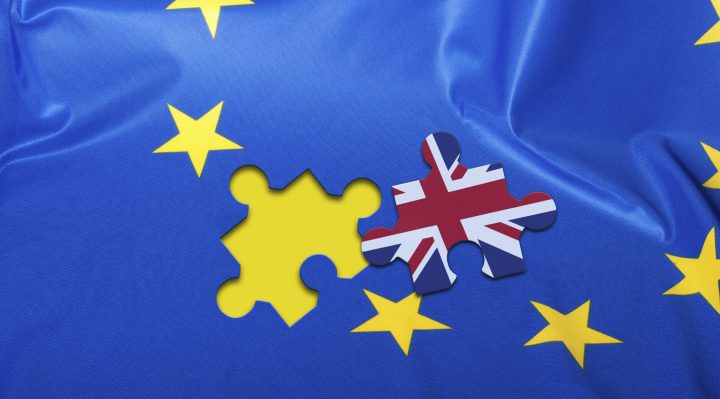A popular vote next month could send the UK out of the EU and into a recession.

Mark Carney, the Governor of the Bank of England, has warned that if the UK leaves the EU the economic consequences would be drastic. Last week the bank’s Monetary Policy Committee echoed his concerns, warning of rising inflation and slowing growth.
Carney was criticized by Conservative MPs for meddling in politics. The Governor clarified, “we have a responsibility to explain risk and then take steps, because by explaining what we would do to mitigate them we reduce them.” He is primarily concerned with the effects on interest rates and monetary policy.
The Governor’s fears are already coming to fruition, with U.S. President Obama warning that an independent UK would move “to the back of the queue” in trade negotiations. Obama reasoned that the US would still negotiate a deal, but would be focusing on larger, more productive efforts in the form of big bloc agreements.
Managing Director of the International Monetary Fund, Christine Lagarde, had similar concerns of a recession and an end to the UK housing bubble. The Halifax House Price Index fell 0.8% in April leaving a fragile UK housing market. Lagarde warned of further “sharp drops in equity and house prices, increased borrowing costs for households and businesses, and even a sudden stop of investment inflows into key sectors such as commercial real estate and finance.”
A poll commissioned by international law firm King & Wood Mallesons found that two thirds of leading European firms believed that the UK should be financially penalized if they leave the EU. 85% believed a new trade deal ending free exports would be required. 62% supported trade barriers such as stiff customs duties on British imports.
After reading the poll’s findings, former Treasury Minister Lord Myners lamented, “‘The resounding verdict from businesses on both sides of the Channel is that leaving Europe would mean more barriers to trade, less investment and fewer jobs in the UK.”
Bank of England’s quarterly inflation report expected midday Thursday will focus on Brexit. Since their previous forecast the pound has fallen while oil rises. Given the current situation BoE would not hit its goal of 2% inflation forcing the bank to start raising interest rates. April’s PMI numbers, the slowest in three years, were forecasted at 51.2 but actual were 49.2 signaling retraction in the market. Manufacturing production decreased 1.9%, the largest fall since May 2013.
All of this has left the BoE to lower forecasts and maintain interest rates as announced on May 12th due to the Brexit uncertainty. So, in answer to the question of whether the UK is in a recession… Yes, the UK is entering a recession that may only be worsened by an exit from the EU.
Anthony Young
Latest posts by Anthony Young (see all)
- Samuel Nathan Kahn (Manchester, UK) – Fit to Run Finance Firm - July 31, 2021
- Quarashi’s Ticks the All the Right Boxes… Anonymously - July 16, 2021
- JETT Lifts Off in Miami Launch - July 16, 2021






